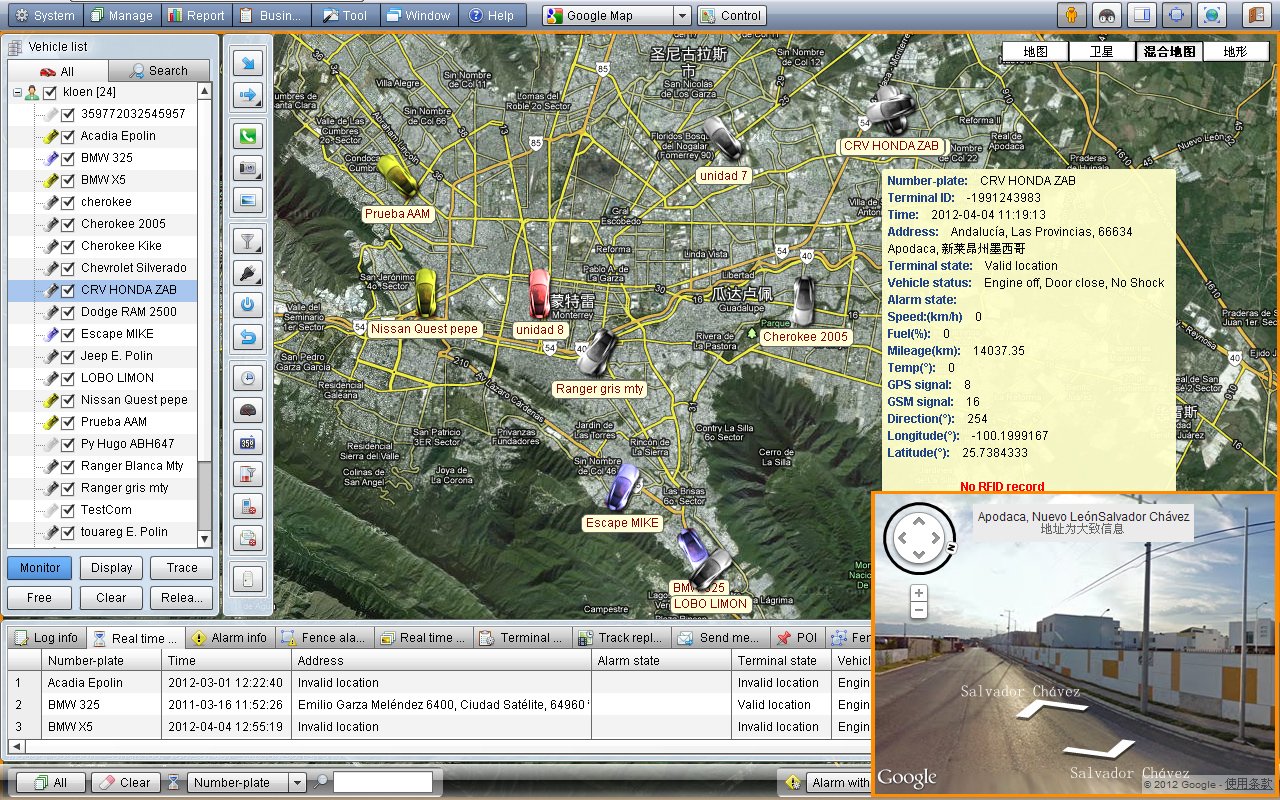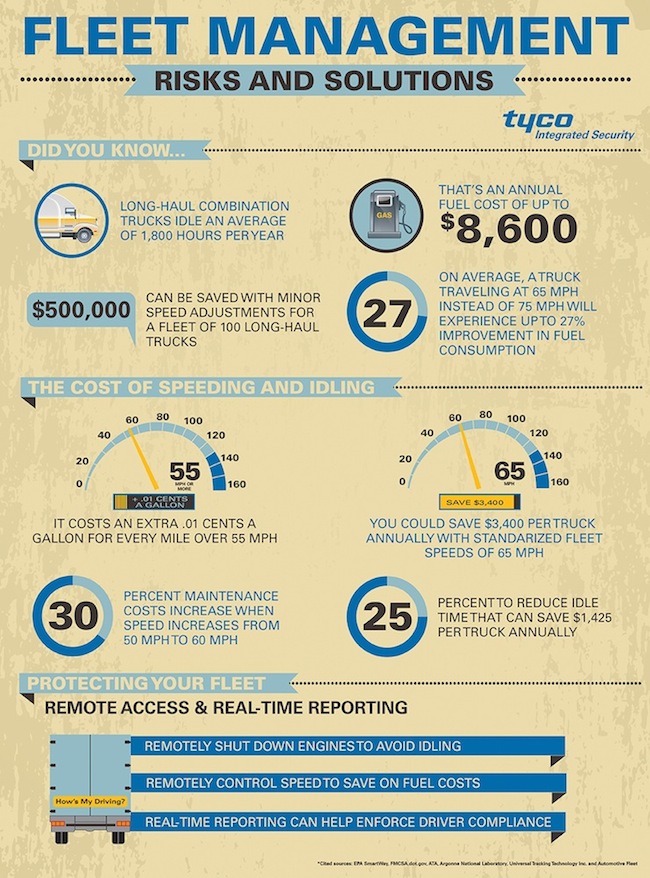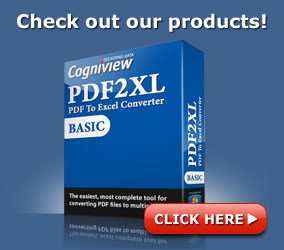Comments Off on Fleet Management With Excel: No More Running on Empty
Fleet Management With Excel: No More Running on Empty
Posted by Lior Weinstein on Thursday, April 4th, 2013
Whether you are managing a fleet of three vehicles, or 300, Excel is the choice for many directors of fleet management. If you are starting a business that involves the use of company transportation, keeping track of your vehicles is essential.
Fleet management can include any form of transportation: cars, vans, trucks, boats, planes, and even rail cars. Managing your fleet involves tracking the following information:
- Vehicle make and model
- Financing
- Licensing
- Vehicle maintenance
- Vehicle inspection
- Driver management
- Fuel management
- Mileage
- Track accidents and incidents
- Environmental issues
Tracking these issues allows you to be more efficient, analyze deficiencies and improve productivity. Maybe your drivers are dressed in professional custom uniforms with the company logo prominent on their lapel. This is great for company branding, but if you don’t know where those drivers are, or what they are doing, it will be a shock when that uniform shows up on the local news because your driver has been in a major accident.
Many companies are now tracking their vehicles using GPS-based technology. This allows you to monitor where your vehicles are, the speed of travel, stop times and other information. It is an excellent capability to have if your vehicle is stolen or if you believe your driver is up to no good.
If you are going to use GPS tracking on vehicles, make sure you are aware of the laws in your state.
As long as you are the owner of the vehicle, you may place a GPS tracking device on the vehicle. You must also inform the driver or other users of the vehicle about the device. In most states, you may monitor the vehicle during work hours, but not if the employee takes the vehicle home.
Many fleets, especially logistics companies, must comply with U.S. Department of Transportation (DOT) legislation and fleet managers have a duty to record pertinent information.
Law enforcement, emergency services and public transportation services all use fleet management tools.
Taxi companies, delivery services, courier companies, construction companies, nonprofits, or any organization that manages a large fleet has to have a database and easy to use method to keep track of the constant flow of information.
Even if you have a small business with a few fleet vehicles, you can benefit from using Excel to track your fleet. You may have sales people with company cars, delivery vans or other vehicles.
Excel is a fantastic tool for fleet management. Even the federal government uses spreadsheets for this task.
While Excel is a great resource, it has its drawbacks. What about all those paper receipts your drivers bring in for gas, repairs or other expenses?
By using a PDF to Excel converter, you can easily add that information to your spreadsheet.
If you want to learn more about fleet management, either as a career, or for use in your business, check out the NAFA Fleet Management Association. They are having their annual Institute and Expo from April 23 to 26 in Atlantic City, NJ.


 1-855-552-6464
1-855-552-6464











